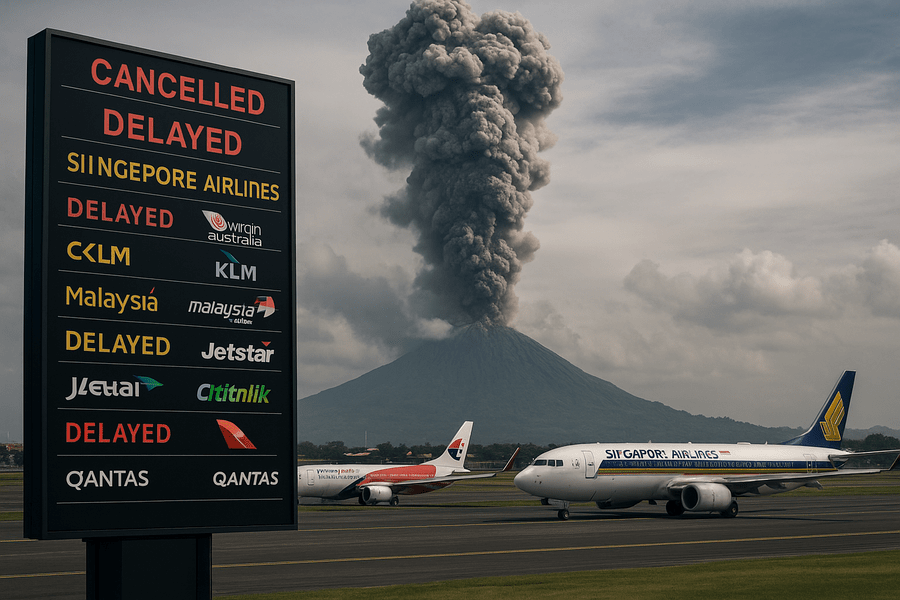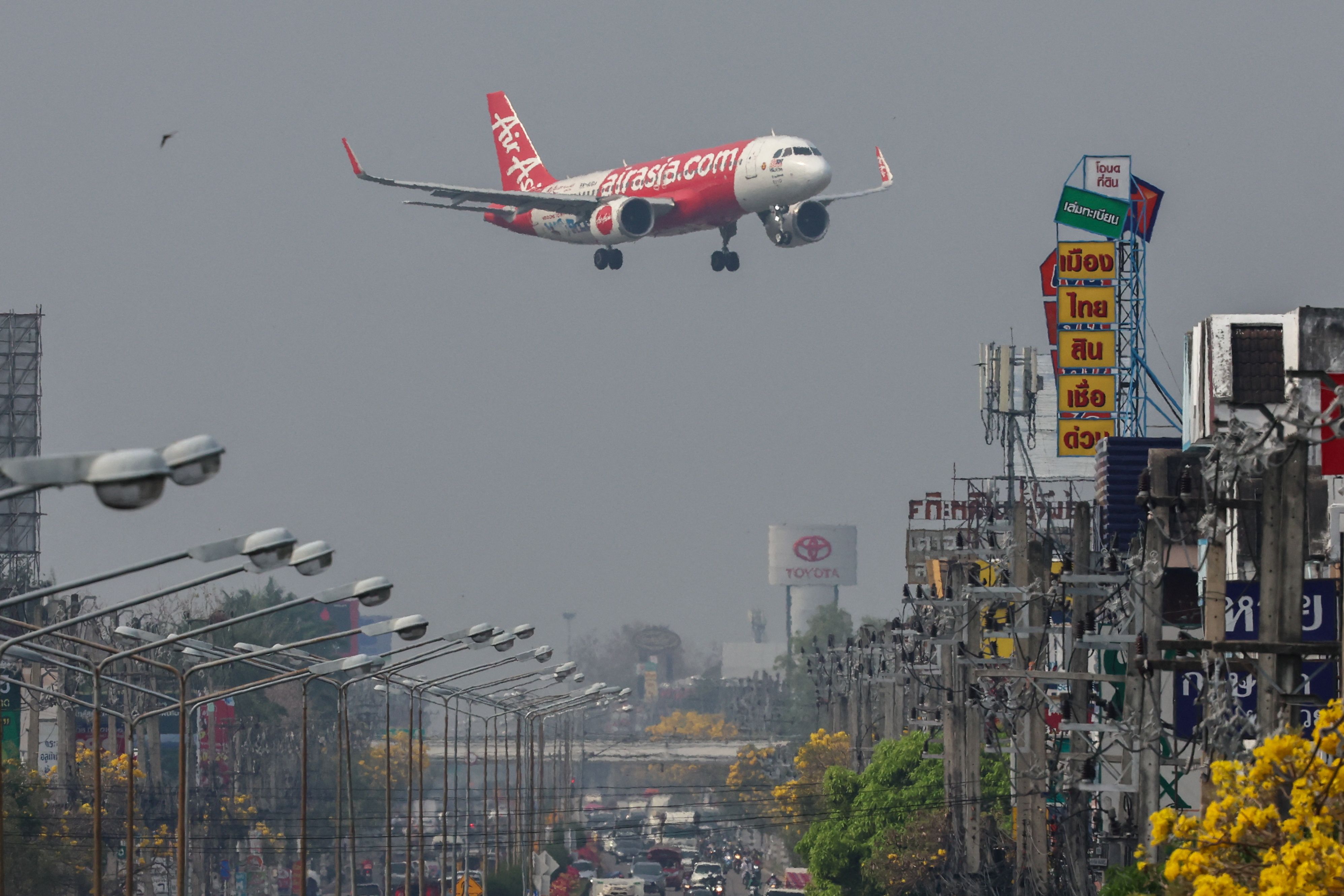Jetstar Asia to Shut Down by End of July 2025 - Focus on Travel News
Jetstar Asia to shut down by the end of July 2025, marking the end of a two-decade run for one of Southeast Asia’s pioneering low-cost carriers. The Singapore-based airline announced it will cease operations after more than 20 years in service, citing unsustainable cost increases and fierce competition as the driving factors behind the decision.
Launched in 2004 as a strategic extension of the Qantas Group into the booming Asian market, Jetstar Asia played a crucial role in connecting Singapore with key cities across Southeast Asia. However, the airline has struggled in recent years with rising supplier costs, high airport fees, and an increasingly saturated regional market dominated by major budget players like AirAsia and Scoot.
Jetstar Asia currently operates flights from Singapore to a number of destinations in Malaysia, Indonesia, the Philippines, and beyond. The airline has confirmed that sixteen routes will be affected by the shutdown, although some passengers may be rebooked on alternate services provided by other Qantas Group airlines, including Jetstar Airways in Australia.
As part of its wind-down, Jetstar Asia will continue a reduced schedule for the next seven weeks, with final flights taking place at the end of July. Passengers with flights scheduled beyond that date will be contacted directly by the airline. Those who booked through third-party travel agents or non-affiliated carriers are being advised to contact their providers for assistance.
The airline has assured customers that full refunds will be issued for canceled flights. Jetstar Asia’s website and customer service channels remain open for inquiries, and affected travelers will receive notifications about their options, which may include rebooking, refunds, or travel vouchers.
Passengers are urged to check their booking status regularly and ensure their contact details are up to date to receive timely updates. Jetstar Asia has pledged to handle the refund process efficiently despite the high volume of transactions expected in the coming weeks.
While Jetstar Asia prepares for closure, Qantas plans to reallocate 13 aircraft from the Jetstar Asia fleet to bolster routes across Australia and New Zealand. The shutdown is projected to release around A$500 million (approximately $326 million USD), which Qantas will reinvest into its broader fleet renewal strategy.
, Chief Executive Officer of Qantas Group, stated, “We have seen some of Jetstar Asia’s supplier costs increase by up to 200%, which has materially changed its cost base.” The financial pressures made the airline’s ongoing operation unsustainable, particularly given a forecasted A$35 million loss for this fiscal year.
More than 500 Jetstar Asia employees will lose their jobs as part of the shutdown. The airline confirmed that all affected staff will receive redundancy packages and support in securing new roles within the travel and aviation sector.
, CEO of Jetstar Group, praised the team’s performance: “We have an exceptional team who provide world-leading customer service and best-in-class operational performance. Our focus is on supporting them through this process and helping them to find new roles in the industry.”
The news has prompted an emotional response from longtime passengers. Comments posted to Jetstar Asia’s social media accounts reflect a deep appreciation for the airline’s contributions to the budget travel space. One user described the airline as “a very warm, efficient, wonderful airline,” while another thanked Jetstar Asia for “opening up and popularising the budget travel market.”
The shutdown of Jetstar Asia does not affect Jetstar Airways in Australia or Jetstar Japan. Both subsidiaries continue to operate normally, providing low-cost services to destinations across Asia-Pacific, including Thailand, Indonesia, and Japan.
Jetstar Asia’s majority shareholder is Westbrook Investments of Singapore (51%), while Qantas holds the remaining 49%. Despite early success and a strong regional presence, the airline’s inability to remain profitable under shifting economic conditions ultimately sealed its fate.
Since its inception in 2004, Jetstar Asia helped redefine regional air travel by offering low-cost, high-frequency flights across Asia. For many travelers in the region, it was the first truly affordable option for cross-border trips. Its role in democratizing travel and building vital tourism links cannot be understated.
The decision to exit the market comes at a time when the aviation industry is still recalibrating post-pandemic, with many carriers facing new cost structures and altered passenger demands. While Jetstar Asia will no longer be part of the landscape, its influence on shaping budget travel in Asia will be remembered by both industry peers and millions of passengers it served.
Jetstar Asia to shut down by end of July 2025, leaving behind a legacy of innovation, accessibility, and service that changed the way people traveled in Southeast Asia. As the airline prepares for its final departure, the region reflects on what was—and what comes next for low-cost travel in Asia.










